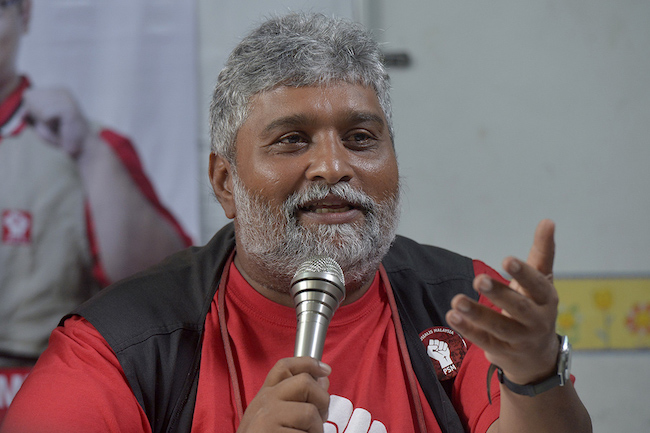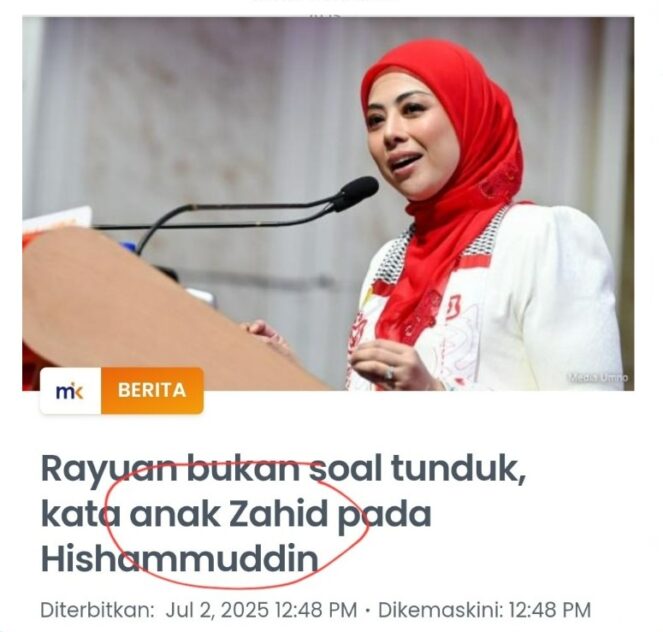ECONOMY Minister Rafizi Ramli has sparked controversy by advocating for a more progressive approach rather than implementing a mandatory RM1,500 minimum wage. This stance has triggered concerns particularly from workers’ rights advocates, who argue that a lack of a mandatory minimum wage may leave workers vulnerable to exploitation.
Rafizi contends that a progressive wage policy (PWP) is a more effective strategy, emphasising a voluntary increase in wages based on improved productivity.
However, Parti Sosialis Malaysia (PSM) deputy chairperson S. Arutchelvan expressed apprehensions over the potential consequences.
“Evading and protesting every time the minimum wage has been introduced is a norm for employers and the Malaysian Employers Federation (MEF).
“People like Rafizi who don’t earn a minimum wage, will not understand this. Millions of workers rely heavily on the minimum wage. Only 2% of workers come under the Union Collective Agreement, leaving 98% of low- to medium-earning workers vulnerable.”
Arutchelvan raised a key point about the challenges of voluntary wage increments by employers. He argued that historically, employers have been reluctant to raise wages voluntarily, necessitating the existence of mandatory minimum wage regulations to ensure fair compensation for workers.
“The PWP which Rafizi is so Gungho is voluntary and not mandatory. No wonder employers are happy. Even getting employers to enforce the mandatory minimum wage is so difficult and always delayed.”
One of the concerns voiced is the limited applicability of the PWP, especially in sectors where workers don’t have permanent employers such as government institutions and schools. The question of how a voluntary wage policy can be effectively implemented in such contexts remains unanswered.
Moreover, Arutchelvan also questioned the potential impact on job security highlighting the risk that employers may resort to short-term fixed contracts to avoid mandatory wage increments.
The fear is that this approach could lead to a decline in permanent employment structures affecting job security for workers.
Furthermore, the focus of the PWP on workers earning less than RM 5,000 raised concerns about fairness and accountability. Critics argue that holding only lower-paid workers responsible for productivity increases without addressing top earners’ accountability may lead to unjust scapegoating.
“If the Madani concept is to help the lower income group and tax the super rich, the PWP seems to ensure no minimum wage while wage increases are voluntary to the absolute discretion and pleasure of the bosses,” added Arutchelvan.
Arutchelvan further urged the Pandan MP not to dismantle the hard-fought Minimum Wage Act, emphasising its significance as a fundamental safeguard for workers. He also suggested that if the PWP is to be implemented, it should complement and not replace the Minimum Wage Act. – Dec 1, 2023









